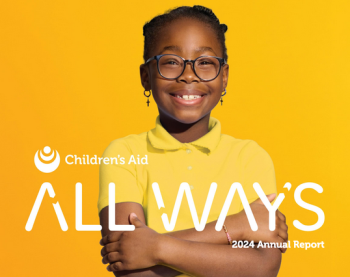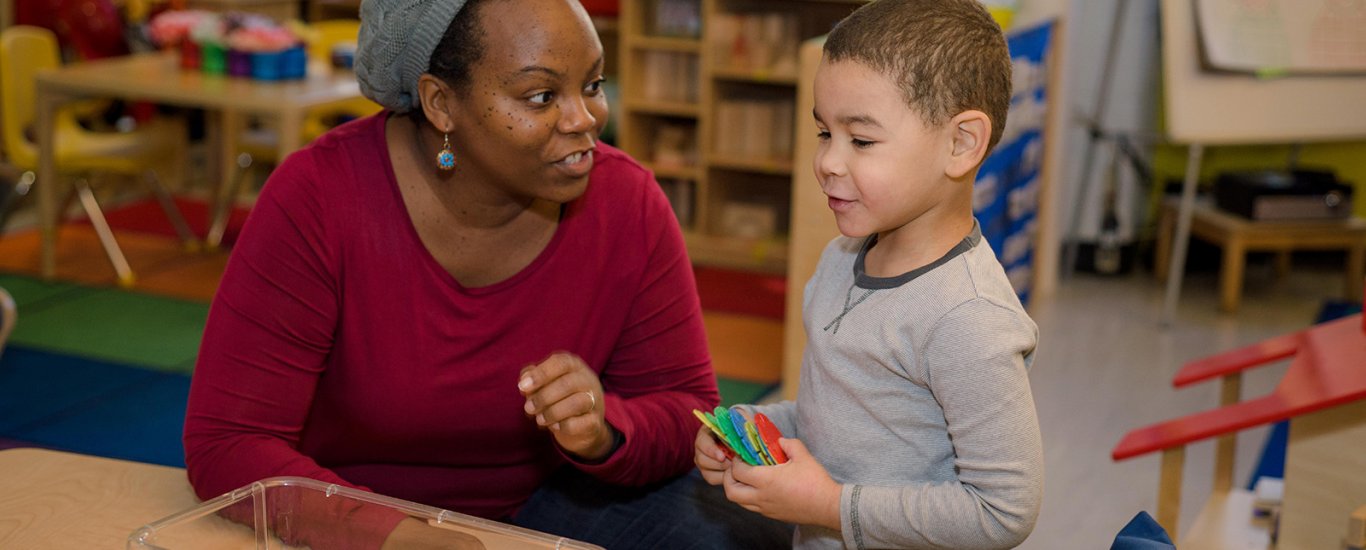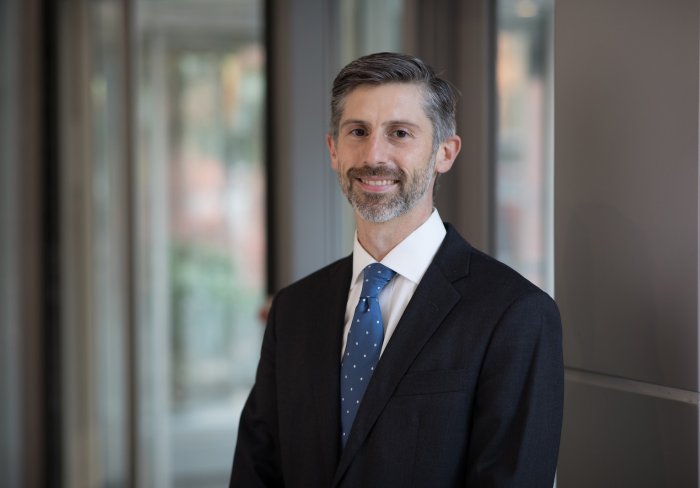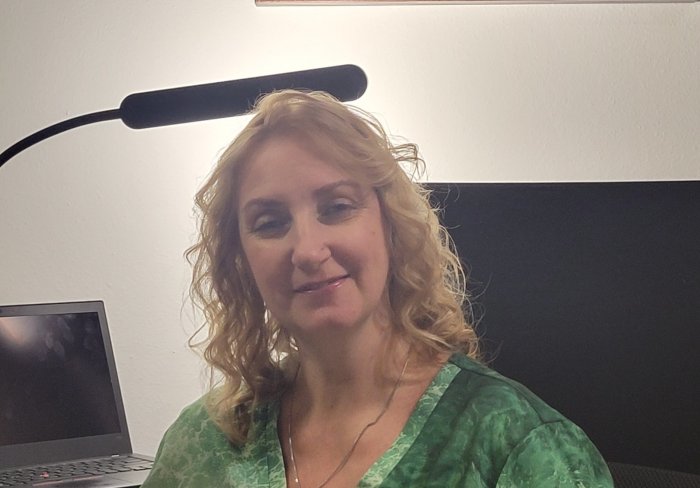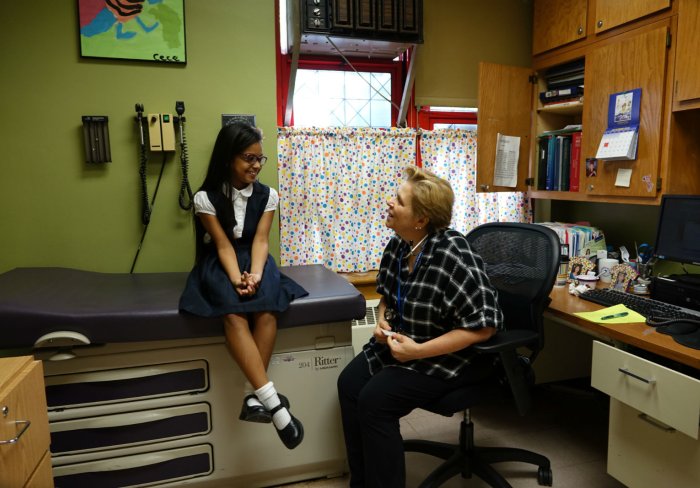As a program coordinator and educator for our food justice after-school programs, Natalie Greaves-Peters, works diligently to empower middle and high school students to explore how food and social justice intersect in their communities.
Her work starts with building understanding around access to healthy foods, labor rights, and environmental sustainability. Some topics are a bit sophisticated for middle schoolers—and even high schoolers—to grasp, but Natalie finds that “planting the seeds early on” helps them stick.
It also helps her students make healthier decisions around the foods they eat, a key goal that Natalie and the Go!Healthy program have for their participants.
“A lot their results in their day-to-day life comes from what they put in their bodies,” she said, talking about academics and attendance. “Educating kids about food ultimately helps them perform better in school.”
After students have assessed food systems in their own neighborhood, they come up with projects that draw attention to the food injustice present in their communities.
“These kids are making connections between what they learn in the program and real life,” said Natalie. “Seeing that understanding grow in front of your eyes—it’s a really rewarding experience.”
Most recently, she has connected middle schoolers in her afterschool program at the Children’s Aid East Harlem Center to Lunch 4 Learning, a city-wide campaign advocating for universal free school lunch. Her students have tweeted and emailed the mayor about the issue, and two of her students will go before the City Council Finance Committee to make their case this month.
“We are teaching them communication skills, presentation skills, and debate skills,” said Natalie. “I try to foster a very open space for learning. I want my students to be curious and ask questions.”
